
Welcome to this week’s #TBT post. It proves you don’t have to journey light-years back in time to find a little wisdom….or even humility. For today’s episode in time tripping, it’s a short hop, skip, and a jump back through space and time to August of 2022.
As you’ll read and no doubt remember, just two years ago we were in the midst of escaping the gnawing clutches of COVID in the quest for the “normal” that we had yet to attain.
In that spirit, I give you a story loaded with self-deprecation, a quality that has sadly gone missing in action in a society where owning up to a mistake is considered a sign of weakness. There has been so much “doubling down” on outrage, wrongful claims, and simply bald-faced lies that it should come as no surprise we’re somehow having trouble distinguishing truth from malarkey (whatever that is).
So, by dredging up this post from the recent past, I’m stepping up, taking responsibility (whatever that means), and making no excuses. You’re about to read about a lot of bonehead mistakes, dumb conclusions, false starts, and just plain wrong-headedness. All mine.
A few years ago, some obviously humorless person bought me the coffee mug you see pictured here. I can’t recall who was the giver in the transaction. I don’t believe it was my wife. The gift just doesn’t seem like something she would give me.
believe it was my wife. The gift just doesn’t seem like something she would give me.
If you’ve ever been given a gift that confused you, as in you weren’t quite sure about the statement that was being made, well you know how I feel when I see the mug on the shelf with its trusted companions.
It might have been in the context of being a great fit for something or someone who often screws it up – like an ironic play on say, “Mr. Wrong.” Or the message could very well have been in honor of my propensity to be right about most things. So, we just know, that can’t be it either.
So, as I slug down coffee using this handsome mug, wondering what it all means, I give you today’s #TBT blog post in the hope you agree with me on something here.
Am I right?
August 2022
2022 still has a long way to go. But we’ve already witnessed a series of amazing events that are impacting our lives, our families, and our businesses.
COVID still has a lot of life, as we’ve learned often the hard way. And now we have Monkey Pox to deal with, and potentially other viral threats.
The Ukraine/Russian War has been with us for months now, exacting a toll in many ways. So have the many climate disasters we’ve already faced, a grim reminder of how so many politicians, especially here in the U.S., were simply dead wrong about the ecological threats.
Mass shootings have not stopped, and in fact, have accelerated, reminding us that efforts to curtail these tragedies have woefully fallen short. And abortion laws, highlighted by the Supreme Court’s recent decision have turned 2022 into another memorable year, not necessarily for good reasons.
We’re seeing that WFH and the “Resignation Economy” weren’t just passing fads. They are becoming part of the fabric of our working lives. The ways in which companies and their employees interact with each other may have forever changed. We’ve seen this play out in weird ways, especially in the airline industry where once reliable companies have turned out to be anything but.
And then there’s inflation, an issue that even the most dispassionate Americans are well versed about. Even those who say they don’t care about politics are wide awake every time they fill up their tanks. And while the price of gas has moderated these past few weeks, other goods and services are crazy expensive. Due apparently to supply chain shortages, buying a new or used car is no longer a relatively easy and predictable transaction.
The high cost of virtually everything has rankled the country. Everyone’s pointing fingers – at Russia, Joe Biden, COVID, the oil companies – every which way. And that’s why it was downright bizarre when Treasury Secretary, Janet Yellen, stepped up to the mic back in late May and uttered these words:
“I was wrong…about the path inflation would take.”
Just watch the first minute of this Yellen interview with CNN’s Wolf Blitzer, a remarkable admission for a politician:
It was an amazing admission by a high-placed government official, in contrast to what we’ve become accustomed to from our country’s leadership.
It may be happening in the business world, too. That’s an arena where corporate titans are typically loathe to step up and take the fall for an ill-fated decision.
But that’s precisely what Shopify CEO, Tobi Lütke, (pictured) did last week when his company laid off approximately 10% of its workforce. In the announcement, Lütke stepped up and owned up to the miscalculation of assuming COVID-levels of online shopping would continue unabated, even during the recovery.
his company laid off approximately 10% of its workforce. In the announcement, Lütke stepped up and owned up to the miscalculation of assuming COVID-levels of online shopping would continue unabated, even during the recovery.
While the company’s press release walked analysts through the process that led to these staff cutbacks, it took Lütke just four words to sum up the decision:
“I got this wrong.”
He could have blamed his research division, his marketing department, or his executive team.
As Inc.’s Nick Hobson put it, he could have written the whole thing off as a team decision. As in “We got this wrong.” But instead, he took the hit, as the company must face up to its declining numbers while forging a new path forward:
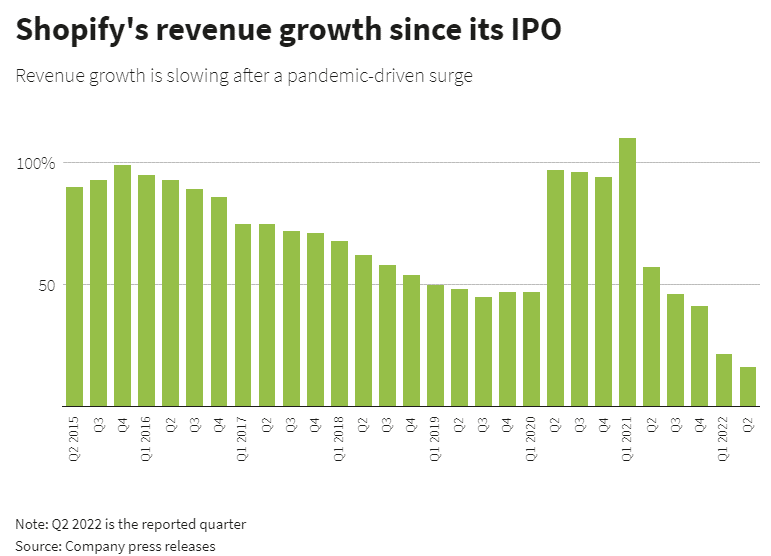 Perhaps some of these highly visible apologies spawned a series of great mea culpa essays from some of the most popular columnists from The New York Times
Perhaps some of these highly visible apologies spawned a series of great mea culpa essays from some of the most popular columnists from The New York Times
In a series aptly called, “I Was Wrong,” the newspaper encouraged essays from their best-known op-ed names admitting they had made the wrong conclusion about a key issue.
They included Michelle Goldberg saying she got it wrong when she called for Senator Al Franken’s resignation so early in the game. David Brooks admitted bad judgement about the value of capitalism. Conservative columnist Bret Stephens said he missed the boat on Trump voters. And Gail Collins came clean about her observations about Mitt Romney.
There were eight of these in all. And they have stimulated me to go through a similar exercise. When I meet many JacoBLOG readers at conferences and events, many are very complimentary about this column, my writing, and my ability to predict trends revolving around the radio broadcasting industry.
I appreciate the accolades. But I also know that most of you conveniently forget about the not-so-great calls I’ve made over the years. When you write five posts a week, they’re not all going to be great. And they’re not all going to be right. But the frequency of my writing doesn’t mean I deserve a free pass or a Mulligan when I screw something up.
So, today’s post covers three topics I simply got wrong. No one lost their job or a lot of money over them, thankfully. But I was clearly off-base, a reality I feel compelled to admit. Perhaps it’s a reminder to read my digital scribbles with more of a grain of salt than you already do. Or that no columnist – or consultant – is infallible. We get stuff wrong, probably more often than you think.
It wasn’t hard for me find three miscalls I’ve made over the years. (Actually, there were more – I narrowed them down to these.)

1. Google Glass – Before there was the metaverse, a number of companies experimented with tech wearables, including Google. Back in 2014 when these techie glasses first came out, I got the invitation to become a Google Glass Explorer.
That meant shelling out $1,500 and even buying a new pair of frameless glasses. I didn’t exactly predict Google Glass would be a huge success. Even at that point, its wearers were snarkily being called “glassholes,” a clear sign of pushback from cynics and naysayers.
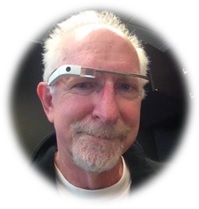
Google Glass came under fire for potentially violating privacy laws, and the product was clunky and didn’t work well. For a day or two in the office, it was a novelty. We all tried it on, but we all looked weird wearing this gadget. From the beginning, the experience was an uncomfortable one.
Nonetheless, i bought in – literally and figuratively. Less than one year later, Google pivoted. That is, they stopped making these hi-tech wearables.
Since then, companies like Vuzix have developed much-improved versions of smart glasses. It seems plausible these gadgets will be used in medicine, manufacturing, and other field operations. But when it came to Google Glass eight years ago…
versions of smart glasses. It seems plausible these gadgets will be used in medicine, manufacturing, and other field operations. But when it came to Google Glass eight years ago…
I was wrong.
2.Elon Musk – For some time in this space, I lauded Tesla’s innovative CEO for his sense of discovery, work ethic, and show biz style.
I’ve written several posts about Musk’s inventiveness and marketing prowess, including one back from 2018:
“10 Reasons Why Elon Musk Just Pulled Off A Perfect Launch”
I gushed over that very first Space X launch, and Musk’s mastery over both the technology and his ability to promote it. The mission went off without a hitch, and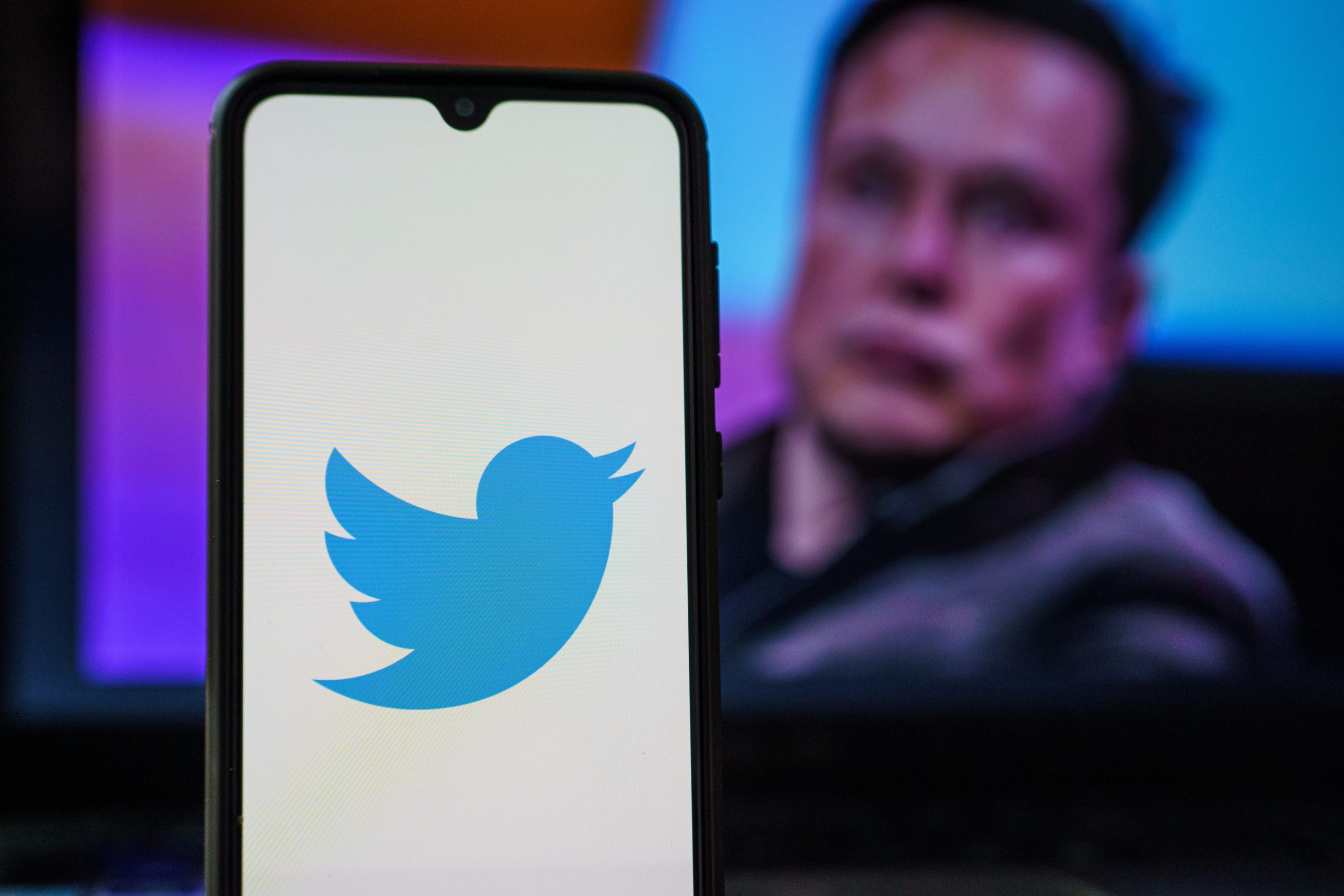 Musk’s team pulled out all the stops to capture attention and buzz. He’s a genius, right?
Musk’s team pulled out all the stops to capture attention and buzz. He’s a genius, right?
As we’ve learned in recent months, Musk is also a flawed executive and an even more screwed up personality, especially since becoming the richest person in the world. True, tech executives like Bezos, Zuckerberg, Gates, and Branson all have their foibles.
But Musk is proving he’s in a class by itself.
He appears to be the second most narcissistic person in the world, and his recent comments about business and politics have whipsawed Tesla’s stock price. The cars themselves are amazing accomplishments, but Musk’s unwillingness to cooperate with the government as it tries to develop standards for self-driving vehicles speaks to his inability to play well with others.
And the Twitter debacle, which has ended up in court (unless he ends up writing a big check) may go down as one of his biggest miscalculations. Did he ever intend to buy the social media company? And what was the purpose behind his brash statements about Twitter, causing its value to plummet?
There was a time when I thought it might be cool to buy a Tesla. But, now my first electric will be made by another company. When it comes to Elon Musk…
I was wrong.
3. PPM – I came into radio broadcasting from the research side. My first job at WRIF/ABC Radio was research director. My job was to dissect Arbitron rating books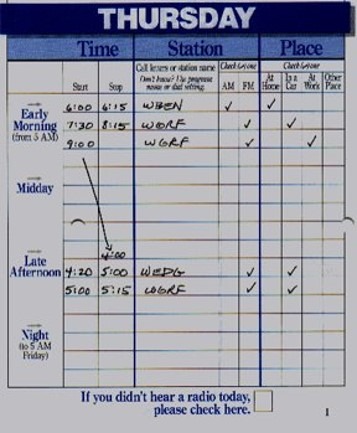 to help the salespeople tell their stories. In the case of a bad book, my task was to uncover reasons why the numbers looked janky. It wasn’t hard. The diary system was SO flawed. Still is, by the way.
to help the salespeople tell their stories. In the case of a bad book, my task was to uncover reasons why the numbers looked janky. It wasn’t hard. The diary system was SO flawed. Still is, by the way.
I remember an instance where a station was off the air for nearly a week due to a transmitter blowup. I gleefully awaited the release of the numbers so I could see just how badly they’d been hurt by their technical outage.
They had a pretty good book.
It was then I knew the “recall” foundation of the Arbitron diary simply didn’t give us a true picture of what people were listening to. Many years later, when Arbitron announced it was working on a methodology that used meters that captured listening in real time, in a panel format, I was all in.
PPM became the ratings “currency” in the nation’s top 48 markets in 2007-08. To say the planets did not line up is an understatement. The nation (and the world) was on the verge of falling into the Great Recession, an economic disaster from which the radio industry may never recover. On top of that, the iPhone and the Apple App Store came online, changing the way we access content and the gadgetry we use.
All of a sudden, radio wasn’t just competing with the Eagle, Mix 92.9, and NewsTalk 680 – it was up against everybody. Sadly, the original assessment from Arbitron, researchers, and yes, consultants was to tighten up, cut back on talk, and play it safe. Strategically, those were not the qualities best suited in a highly-charged, content-rich environment but they seemed to work in PPM.
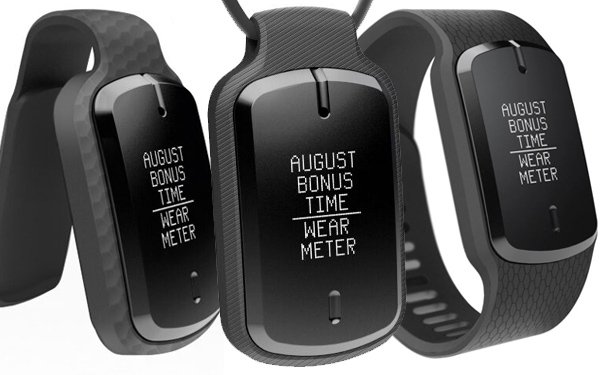
As we learned (the hard way) there were fewer meters in use even in the biggest markets than expected. That meant that even though respondents remained in the panel for long periods of time, those promises of book-to-book stability never really came to fruition. And weekly ratings often introduced more instability than in diary markets.
We had also hoped the “real time” nature of PPM ratings would allow programmers to quickly determine what was working – and what was not. It was also believed we’d be able to see the true impact of music via M Score, but that hasn’t worked out either. There aren’t enough meters in the sample to make these determinations. And given the cost limitations of greatly increasing the sample among people less excited to participate in a radio survey, there likely never will be.
Despite the best efforts by Arbitron, and later Nielsen, PPM has not lived up to its initial promise. Many wish radio broadcasting could go back to the “good old days” of the diary. But trust me, they weren’t the least bit great.
But when it comes to hoping PPM would be “the answer…”
I was wrong.
So, what does it all mean?
Maybe moving forward, you’ll read these daily posts with more of a jaundiced view. I make every effort to get it right, but I am very fallible, as this post proves. Have I been around longer than most of you? And am I exposed to more research than you are? And do I have the luxury of talking to more executives, technologists, and perhaps smarter people than you probably do?
It’s a likely “yes” to all these questions.
But that doesn’t mean I’ve got a patent on the right answers or the correct predictions.
None of us does. That’s what makes it so interesting.
- What If Radio Tried Something Right Out Of Left Field? - May 9, 2025
- Why Radio PDs Are A Lot Like NBA Coaches - May 8, 2025
- Memo To Radio: We Have Met The Enemy And It Is… - May 7, 2025





Leave a Reply